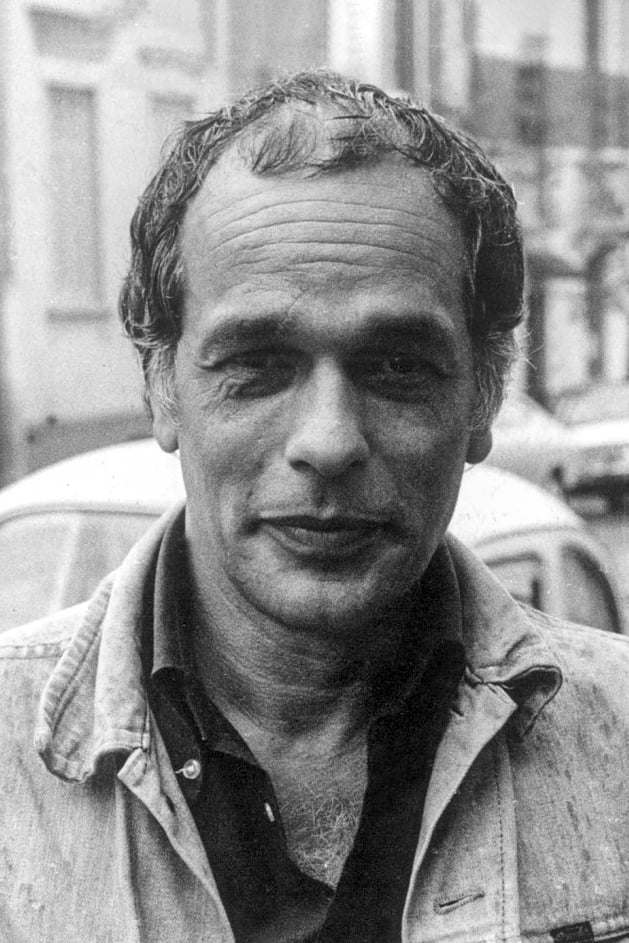
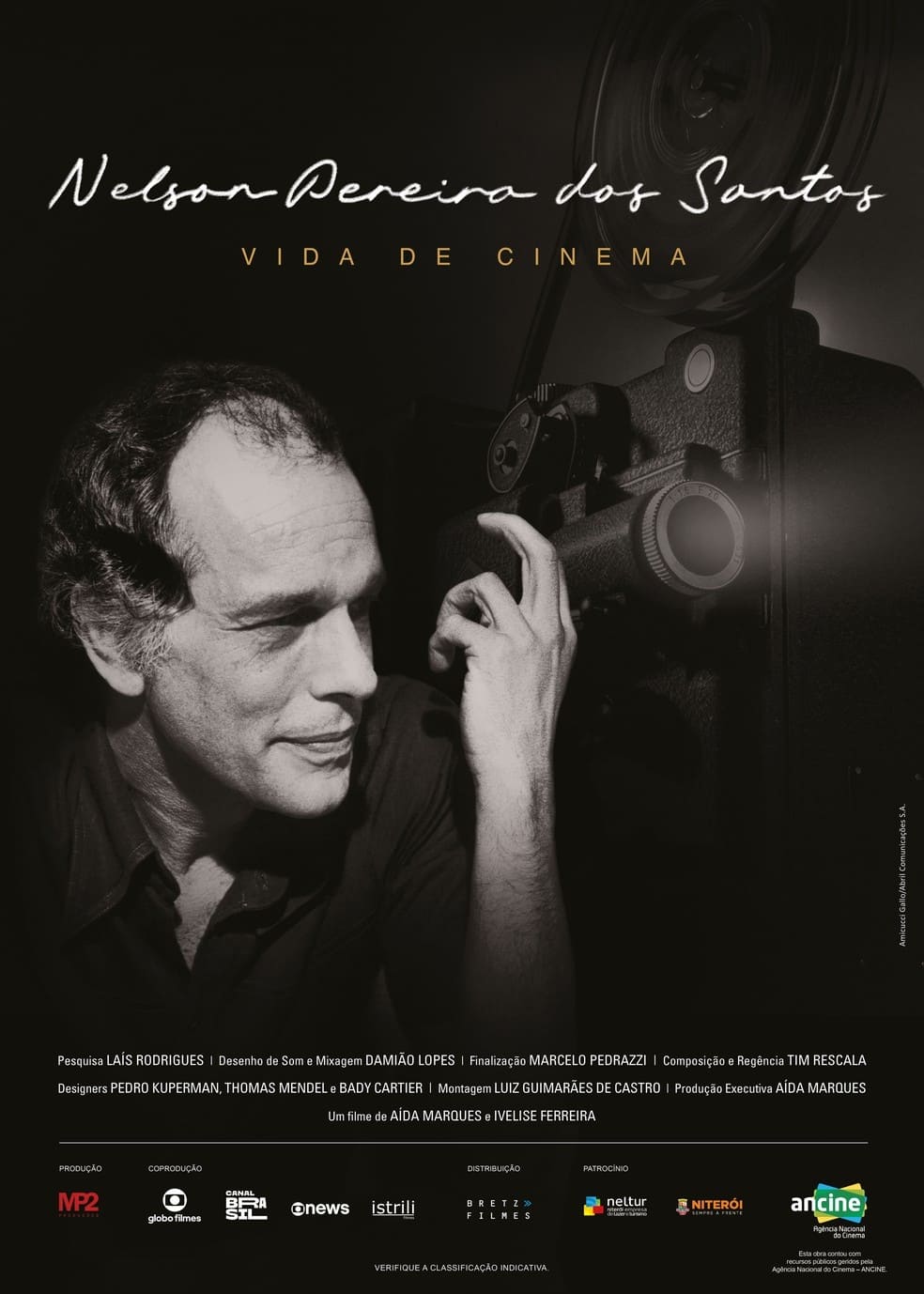
For six decades, the cinema of Nelson Pereira dos Santos has projected Brazil into the eyes of the world. Precursor of Cinema Novo, Nelson was, more than a director, he was an ideologue, a thinker of his country.
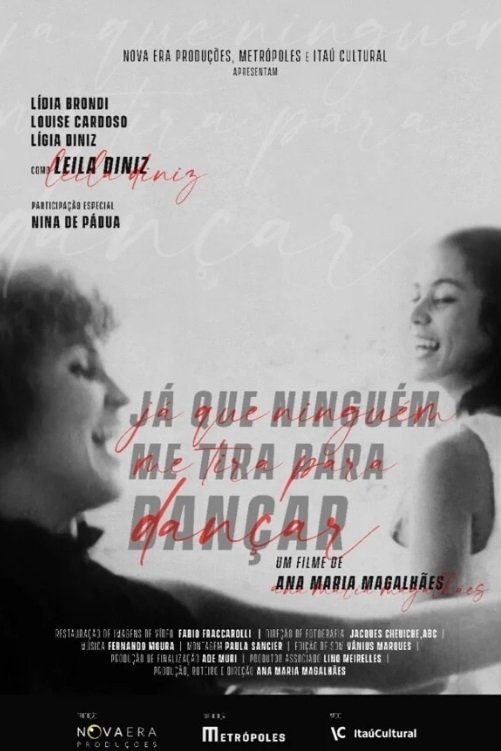
Conducted from interviews with personalities who lived with Leila Diniz (1945-1972), the documentary is a record of an era and, above all, it rescues the participation in Brazilian culture of the actress who opened the way for the sexual revolution during the dark years of the dictatorship.

An authentically marginal cinema created in Catholic university in Brazil. One of the most intriguing and imaginative moments in modern cinema in the voice of some of its select conspirators—with Carlos Reichenbach at the lead—, and through the most razing flow of images that can possibly be conceived.
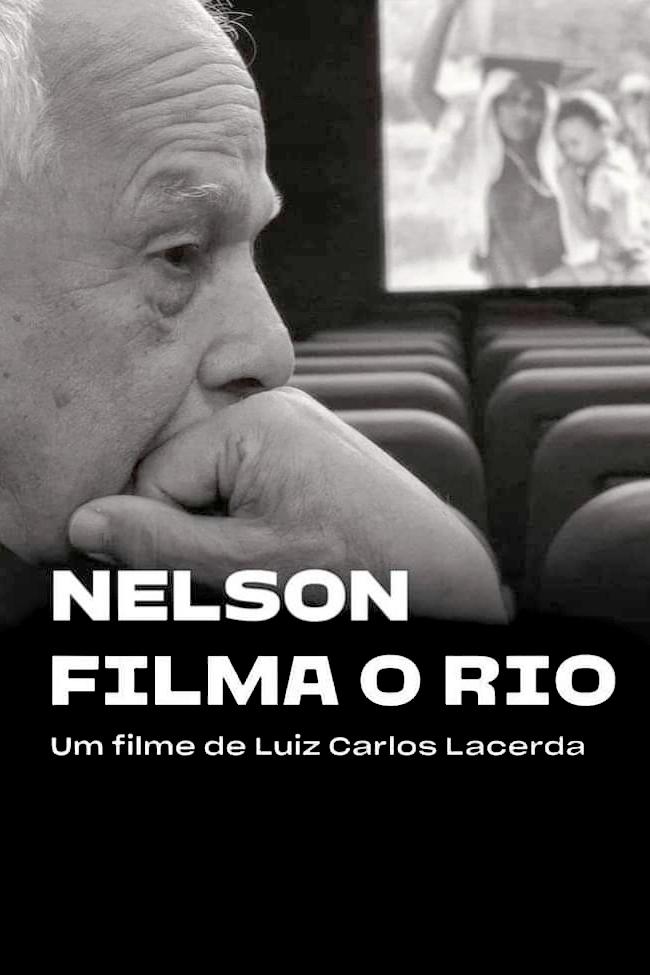
The city of Rio de Janeiro in the films of Nelson Pereira dos Santos contextualized by critic Rodrigo Fonseca.
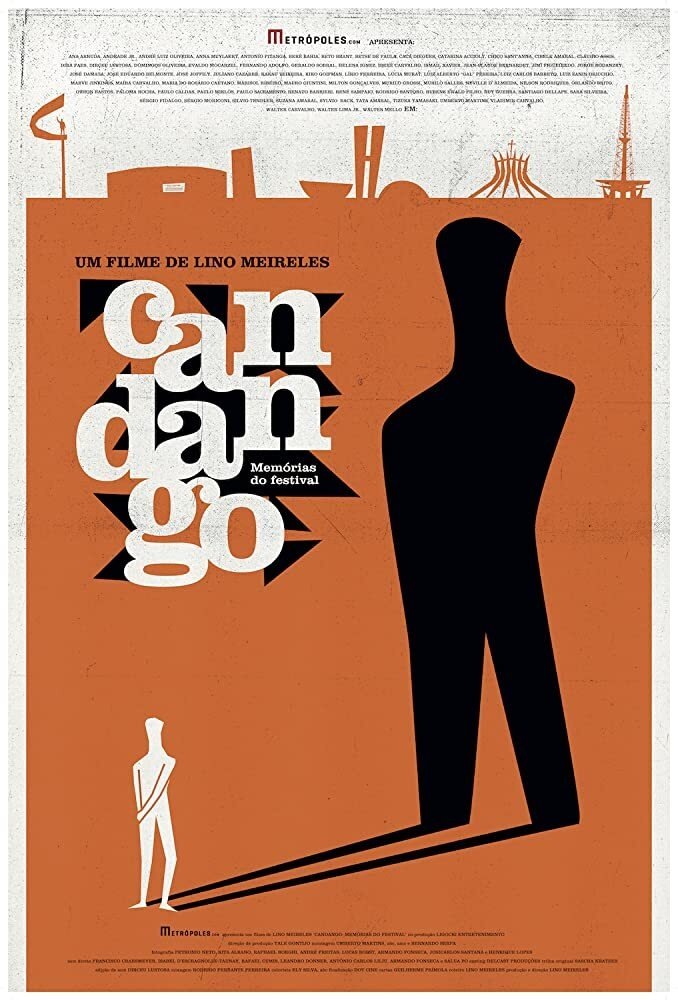
In 1965, a year after the military coup in Brazil, an oasis of freedom opened in the country's capital. The Brasília Film Festival: a landmark of cultural and political resistance. Its story is that of Brazilian cinema itself.
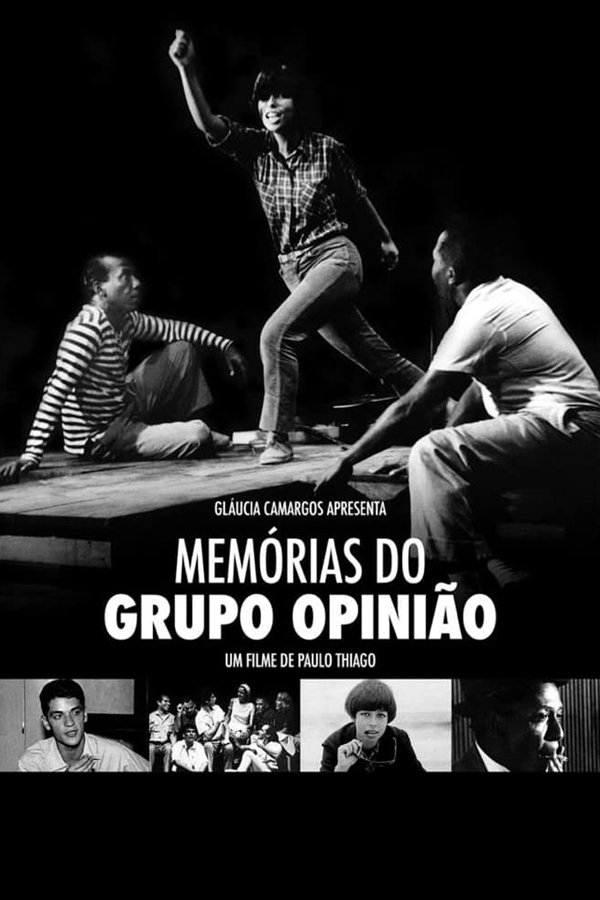
Follows the story of Opinião, a theatre group created in 1964 during the early Brazilian dictatorship period to oppose the government through artistic performances. Considered the first left-wing response to the dictatorship, the group gathered now famous Brazilian artists such as Nara Leão, Maria Bethânia, João do Vale and Millôr Fernandes.
Nelson Pereira dos Santos talks about The Highway of Life (1980)
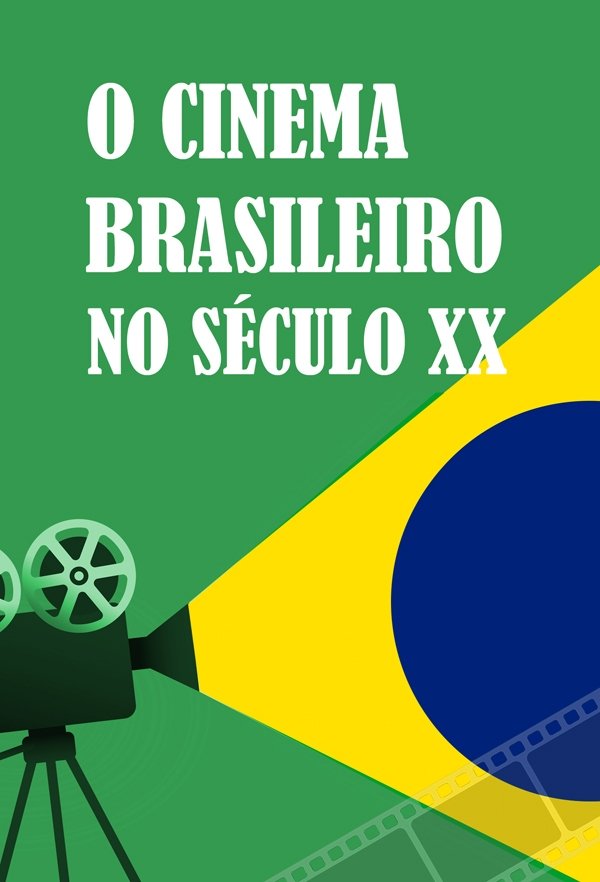
Two years of research and visits to collections, cinematheques and museums; almost seventy interviews that generated 30 hours of recorded material; more than two hundred scanned photos and more than one hundred films watched. In total, more than a thousand hours of work were needed to prepare Brazilian Cinema in the 20th Century. The work is a fascinating journey through all the cinematic cycles that Brazil lived, from the pioneering Belle Époque, through the great studios like Atlântica and Cinédia, Cinema Novo, the urban comedies of the 70's, until the resumption in the late 90's. The documentary is unique, it gives the floor to who really wrote and lived this story intensely.
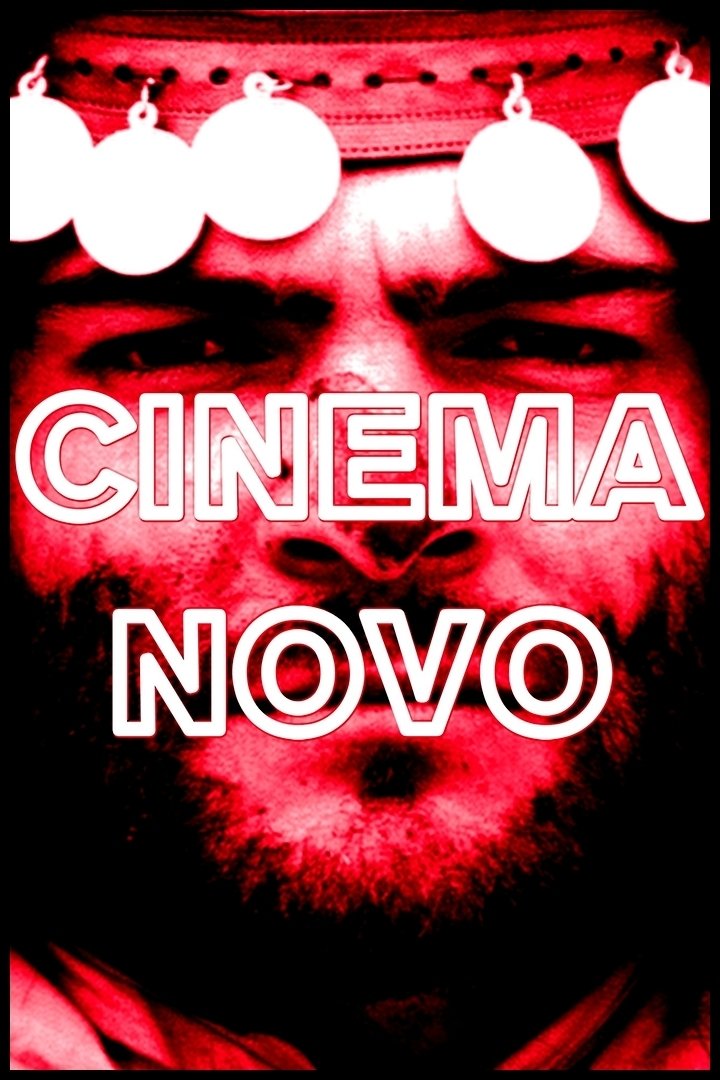
A deep investigation, in the way of a poetic essay, on one of the main Latin American movements in cinema, analyzed via the thoughts of its main authors, who invented, in the early 1960s, a new way of making movies in Brazil, with a political attitude, always near to people's problems, that combined art and revolution.
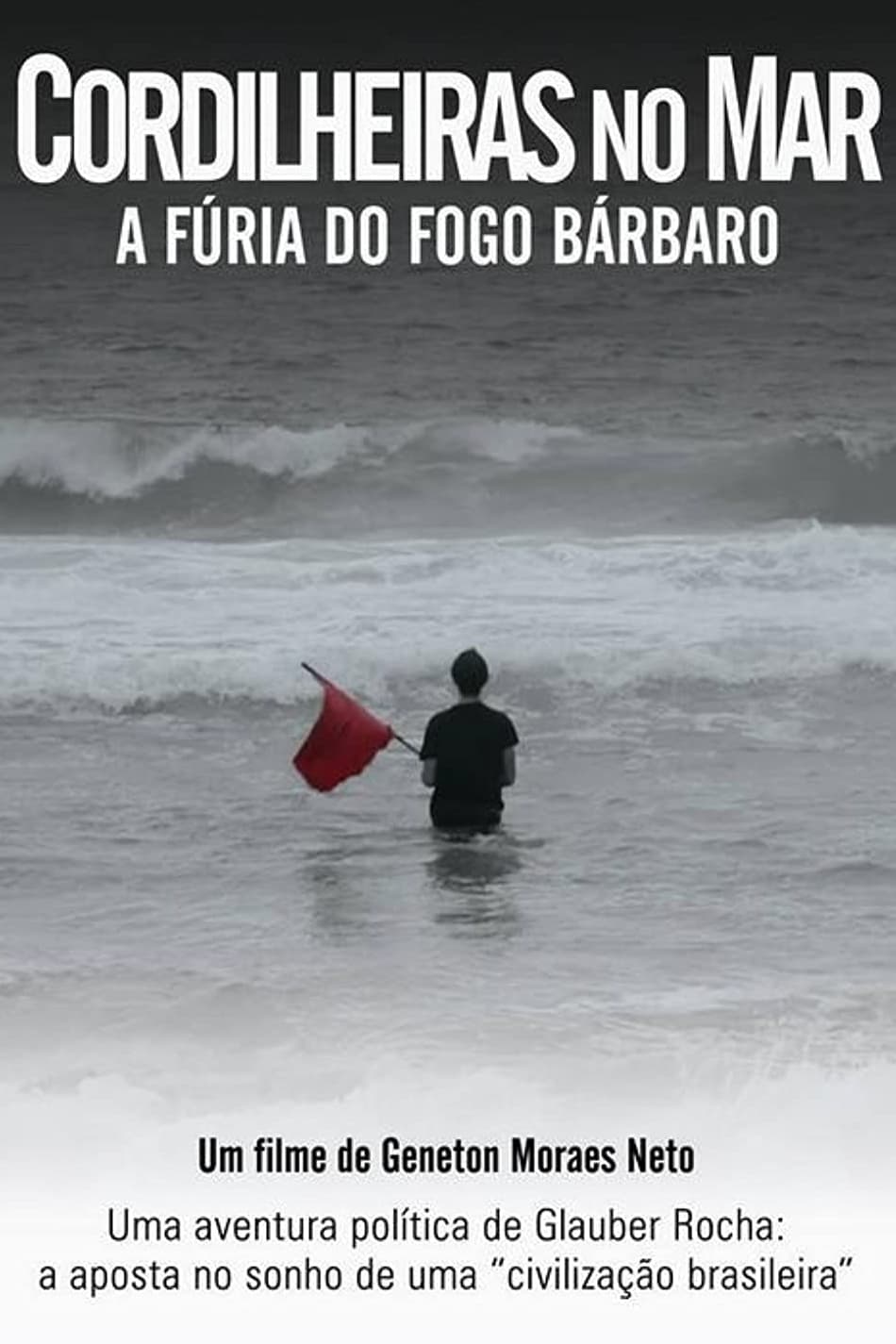
Nelson Pereira dos Santos ComRB • OMC (São Paulo, October 22, 1928 — Rio de Janeiro, April 21, 2018) was a Brazilian film director, producer and screenwriter. Having been one of the founders of the Cinema Novo movement, his production spans a period of 60 years in the history of Brazil. Considered one of the most important filmmakers in the country, he was strongly influenced by the works of the 1930s generation of Brazilian literary modernism, having adapted works by Graciliano Ramos and Jorge Amado for cinema. His film Vidas Secas, based on Graciliano's novel, is one of the most awarded Brazilian films of all time, being recognized as a masterpiece. In 2006, he was elected Immortal by the Brazilian Academy of Letters, a position he held until his death in 2018.
By browsing this website, you accept our cookies policy.